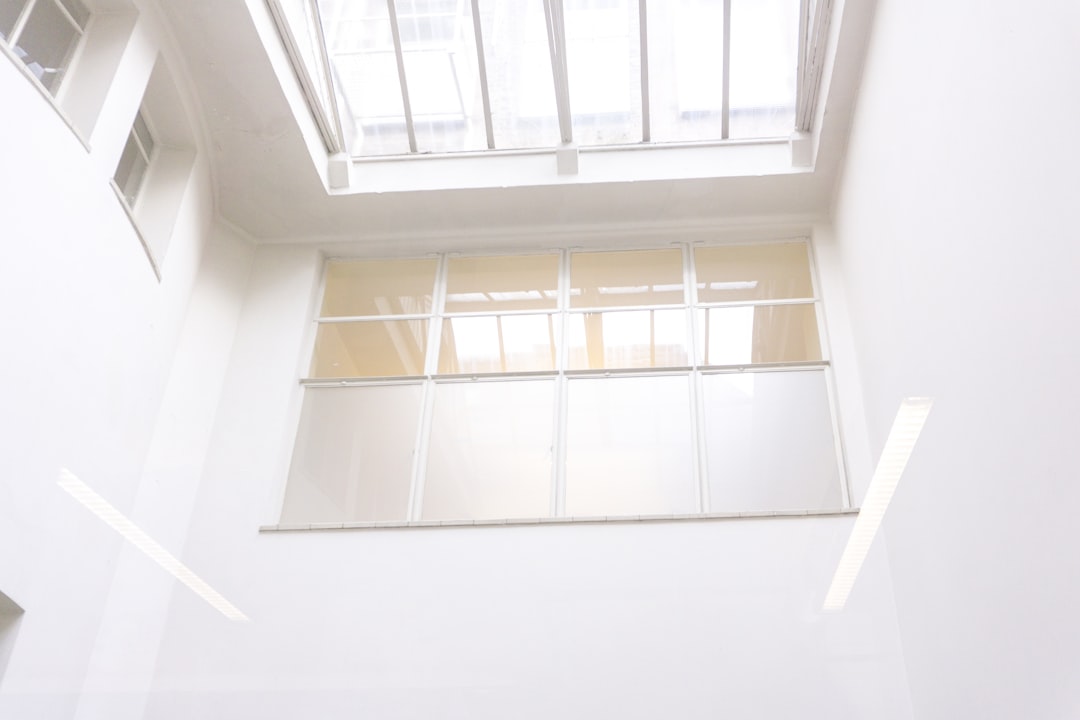What is it about?
In the run-up to the controversial 2020 Russian Constitutional reform Russian President Vladimir Putin referred to the concept of the “living constitution” to argue that amendments to the constitution were necessary. The article discusses the concept of the living constitution in Russian constitutional theory and practice. It shows that the concept was first developed to explain that the content of the constitution was open to interpretation according to changing social conditions. It also gave a broad margin of appreciation to the legislator to define these social needs. As a result, serious violations to the principle of separation of powers through an accumulation of powers by the center could be justified under reference to the principle of the living constitution, while the liberal content of the constitution remained unchanged. The concept therefore prevented the liberal text of constitution from changes according to the factual political structure for a long time. But ultimately, the concept helped to reduce the normative power of the constitution and therefore paved the way for the recent constitutional changes that contravene fundamental principles of the constitution as separation of powers. If the Constitutional Court leaves the legislator a broad margin to concretize the constitutional norm by laws or other legislative acts the legislator may a fortiori also change the constitution itself.
Featured Image

Photo by Sam Oxyak on Unsplash
Read the Original
This page is a summary of: The Concept of the ‘Living Constitution’ in Russian Constitutional Theory and Practice, Review of Central and East European Law, December 2021, Brill,
DOI: 10.1163/15730352-bja10052.
You can read the full text:
Contributors
The following have contributed to this page










